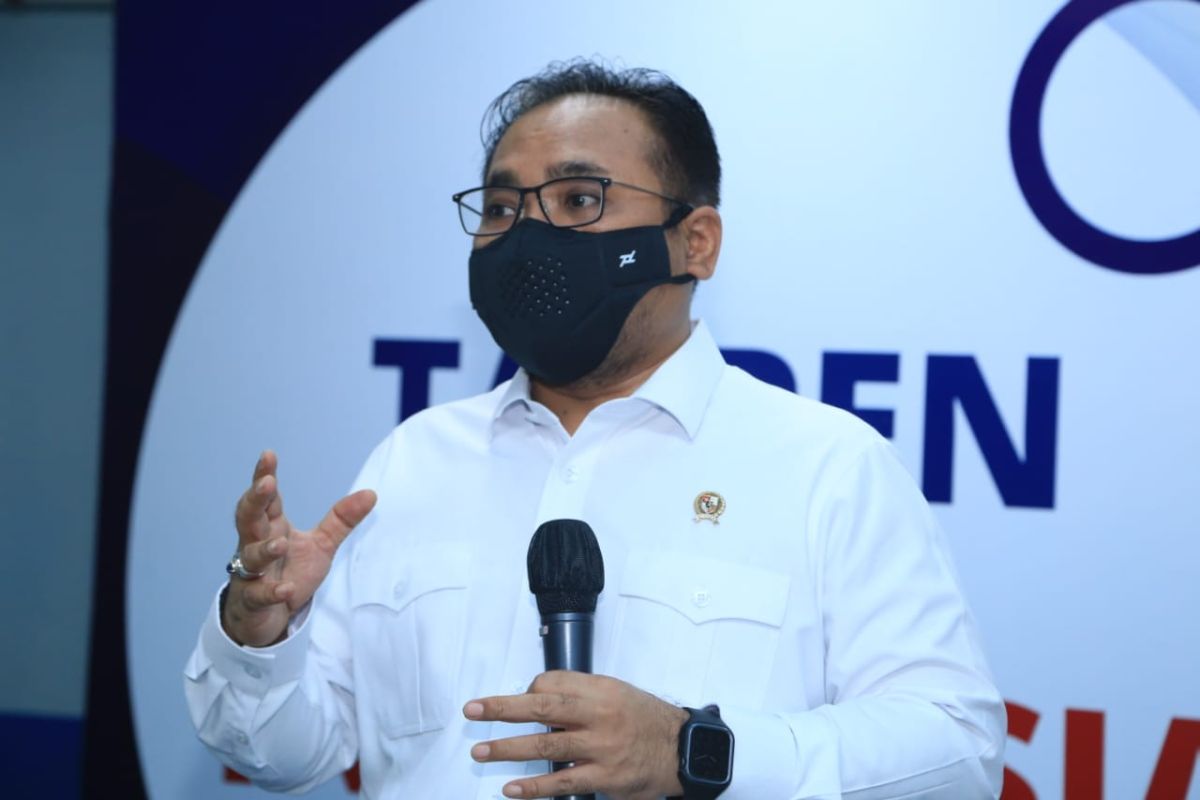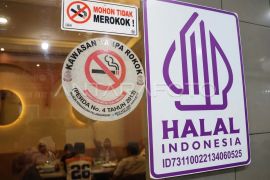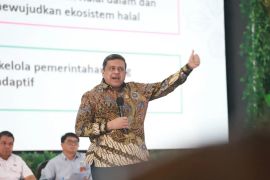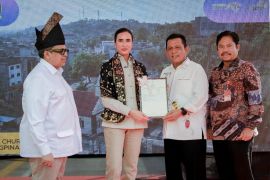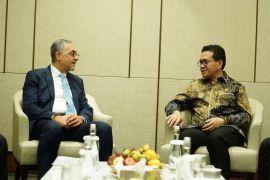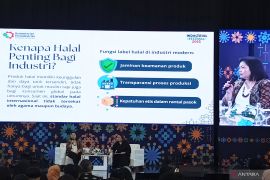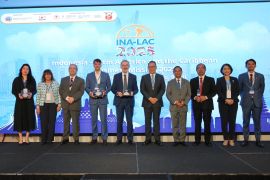"The Free Halal Certification Program is a form of concern for the Religious Affairs Ministry for the people. Not only in matters of religion as its core business, but also about business sustainability for its people," he said in a written statement received in Jakarta on Friday.
The Religious Affairs Ministry launched the Free Halal Certification Program on Wednesday (September 8, 2021). The program is targeting MSEs in the category of product types that are subject to the obligation to be certified halal; moreover, most of them do not have halal certification, the minister said.
The Free Halal Certification Program reflects the government's concern for the revival of MSEs for strengthening the foundation of the national economy, he added.
MSEs have played an extraordinary role in the national economy, he noted. Thus, their role must be continuously improved both in terms of productivity and competitiveness, he said.
"We are aware that in this pandemic situation, many businesses have ceased operating, and this Free Halal Certification is one of the breakthroughs to overcome business sluggishness," Qoumas stated.
Related news: Religious Affairs Ministry launches Sehati program for MSEs
In addition, by obtaining halal certification, the opportunity for MSE products to penetrate a wider market will broaden, he pointed out. Moreover, the government has continued to make efforts to support the penetration of MSE halal products into the international market through various collaborations, he added.
Today's global community equates halal products with quality and hygiene, the minister highlighted. Thus, it is not surprising that the growth of halal products has continued to increase, even becoming a global lifestyle (halal lifestyle), he said.
"Through this free halal certification, it is hoped that more MSEs can penetrate the global halal market," Qoumas asserted.
Earlier, acting head of the Halal Product Assurance Agency (BPJPH), Mastuki, said that halal products created within the national halal ecosystem have the potential to support increased trade performance.
"The size of Indonesia's halal ecosystem with the support of halal capital that we have, both human resources, social capital, demographic capital, and so on, we can be sure that our halal products have the potential to support the improvement of national trade performance," he explained.
Mastuki said the huge potential for Indonesian halal products is supported by infrastructure and halal chains that are connected from upstream to downstream. Halal certification is the intermediary item that connects the upstream halal industry with downstream markets between producers and consumers, he added.
This includes halal preparation materials produced by companies and the service industry and micro and small business actors who use halal materials as new products, he added
Related news: BPJPH targets halal certification of 15,000 MSEs this year
Related news: All MSEs actors should partake in halal certification: VP Amin
Translator: Asep F, Mecca Yumna
Editor: Suharto
Copyright © ANTARA 2021
